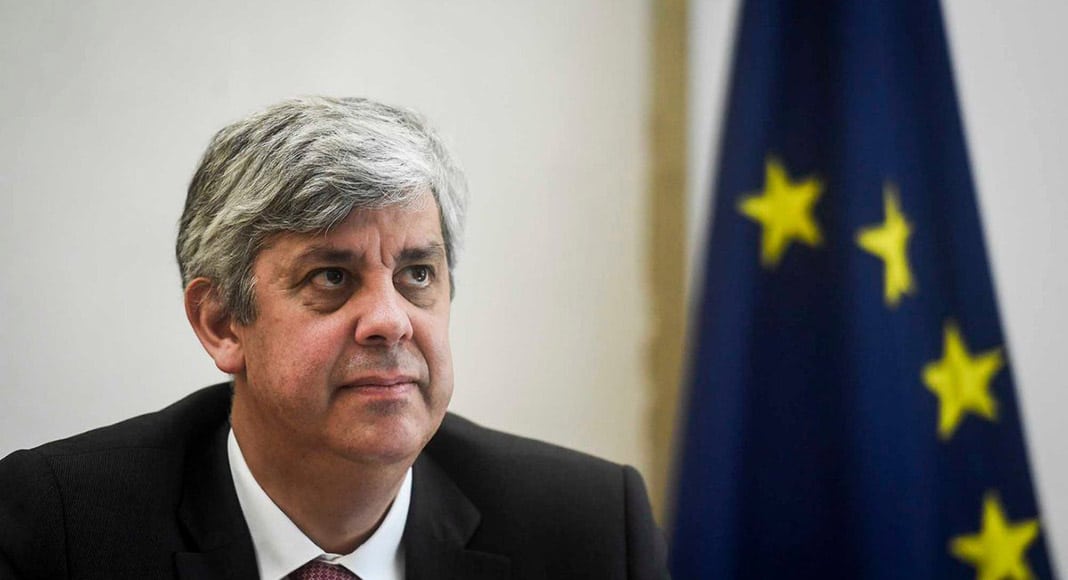The Bank of Portugal will receive support from the European Commission to develop two new projects: one in the area of financial literacy and the other in the prevention of money laundering, the Bank of Portugal revealed on Thursday, according to local media reports.
The central bank, governed by Mário Centeno, will be supported under the European Commission’s (EC) Structural Reform Support Programme.
This EC programme, which aims to promote structural reforms in the 27 countries of the European Union, allows selected organisations to receive technical assistance and, in many cases, funds to support investments, pay consultants and specialists, and finance training.
The Bank of Portugal said it will only receive technical and consultancy support, and not money, according to local media reports.
“At stake is the mobilization of specialized resources from the European Commission, European Union countries, international organizations or other public or private entities, and not the provision of direct financial support,” according to a statement by the central bank.
In the area of digital financial literacy, the first phase involves carrying out “a survey on the adhesion of the Portuguese population to digital channels in the use of banking products and services”.
The second project, which aims to combat money laundering and the financing of terrorism, involves updating an existing tool used by the central bank, which aims to detect the level of risk of banks with regard to money laundering.
According to the central bank, “the objective is to continue to position this tool at the forefront of best international practices, benefiting from the specialized knowledge that the European Commission has in this area, namely as a result of its interactions with different supervisory authorities in the European Union.”




















